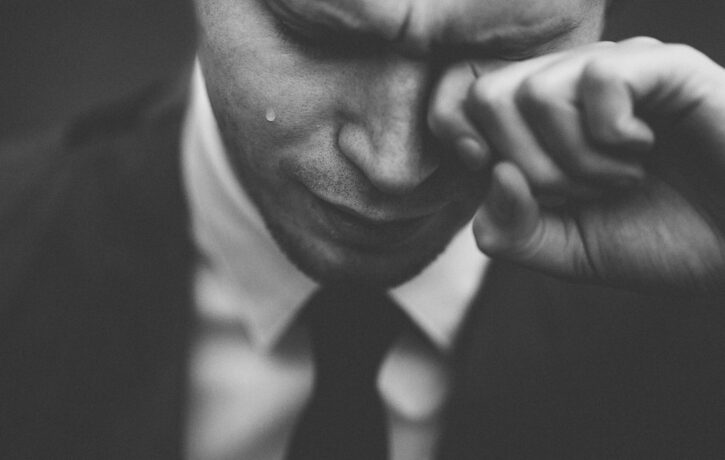in Mindfulness
Letting Go of Material and Emotional Baggage

In the journey of life, accumulating possessions often proves simpler than letting them go. Similar to the emotional baggage we cling to, our existence becomes crowded with material items that seem hard to release. Many remain unaware of the excess they own, holding onto possessions that no longer contribute value to their lives. The tight grip on material objects offers a sense of security and comfort, though the transient pleasure they bring rarely satisfies the profound inner yearnings for fulfilment and satisfaction. It’s only when we muster the courage to shed our baggage and embrace vulnerability that we recognise the emotional grip these possessions have on us.
Attachment or fear of the void left behind often leads us to hoard possessions. Letting go of souvenirs from cherished journeys might feel like erasing the memory of those times. There’s the concern that parting with gifts from loved ones may cause emotional distress. Convincing ourselves that unused items might prove useful one day or that letting go will be emotionally painful becomes a common narrative. However, a space filled with unnecessary possessions leaves no room for the new to enter and flourish. Accumulating belongings may provide a false sense of protection from the uncertainties of the future, all the while anchoring us to the past. The act of holding onto needless possessions frequently parallels the clinging to pain, anger, and resentment, and liberating ourselves from material items can be a catalyst for shedding emotional baggage.
Consciously choosing to fill our personal spaces with only essential items or those that bring joy can elevate our energy levels. Clearing this space fosters mental clarity and enhances memory. Developing a more practical and temporary relationship with objects brings about positive transformations, creating room for the life we truly desire. As we navigate this intentional decluttering, we find that true freedom lies not in accumulation but in the art of letting go.
When we wholeheartedly embrace the intricacies of our thoughts, we create a shield against the tendency to project our challenges or aspects we find undesirable onto others. Recognising that perfection is an unattainable ideal, each of us carries a unique set of issues and traits that may not align with societal expectations. It is part of the human experience to grapple with unpleasant thoughts, motivations, desires, or emotions. However, when an individual fails to acknowledge these aspects within themselves, there is a propensity to attribute them to others, categorising them as angry, jealous, or insecure—a psychological phenomenon commonly referred to as projection.
Finding ourselves on the receiving end of projections can be a bewildering and frustrating experience, particularly when we are not the source of someone else’s distress. Even those who possess a high level of self-awareness may discover that specific topics or situations trigger unforeseen projections. For instance, someone grappling with financial insecurities might perceive a friend as extravagant, or an individual striving for fitness might zealously advocate for exercise to those around them.
Although steering clear of individuals prone to projecting onto others may pose a challenge, we can navigate such encounters by incorporating mindfulness and meditation into our daily lives. One effective visualisation technique involves enveloping ourselves in a protective light each day. In moments where projection is anticipated, we can raise a protective shield, firmly reminding ourselves that the issues of others are not ours to bear. Responding with calmness when confronted with projection can be demanding, yet it proves beneficial to stay composed and communicate if the other person’s behaviour is unreasonable and disrespectful. Much like how we dislike being the target of unwarranted criticism, we must remain mindful not to release our frustrations onto others. Taking ownership of our thoughts, motivations, desires, and feelings significantly reduces the likelihood of projecting our challenges or overlooked qualities onto those in our vicinity.
Louise is a wellness therapist, embodiment coach, clinical hypnotherapist, teacher of meditation and teacher of the Realisation Process (RP). For further information or to book a treatment phone Louise on 01702 714968 or contact us to book an appointment.
- How Pushing Too Hard Can Affect Your Health - 23rd April 2025
- Finding Hope and Comfort Through Pain - 21st March 2025
- Non-Pharmacological Solutions for Managing Pain in Parkinson’s - 19th February 2025
